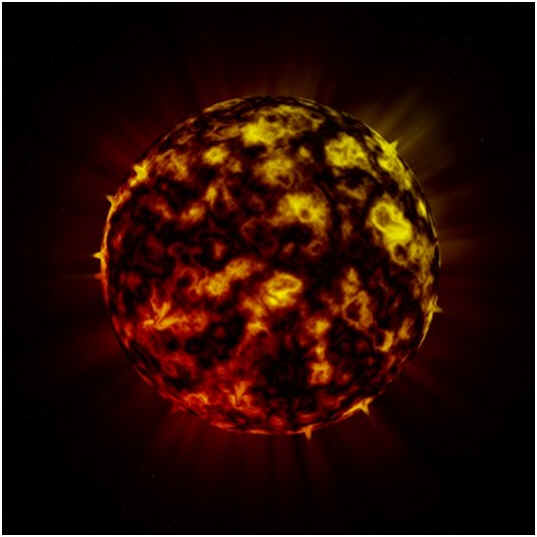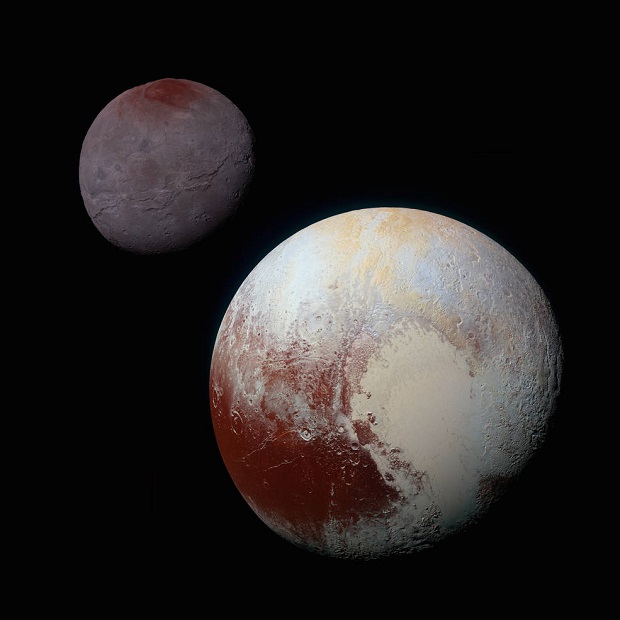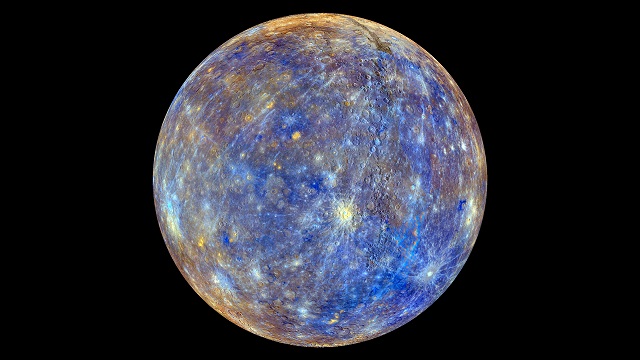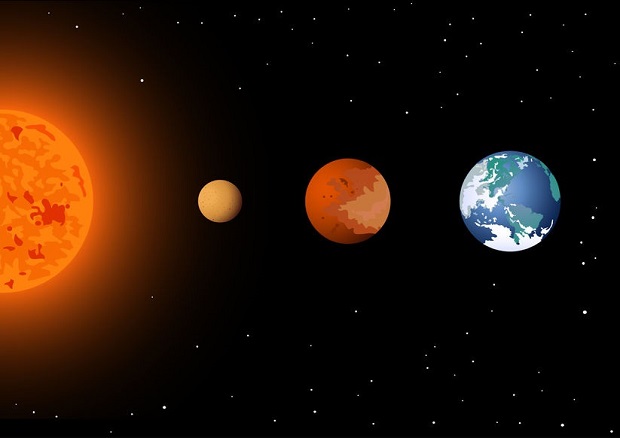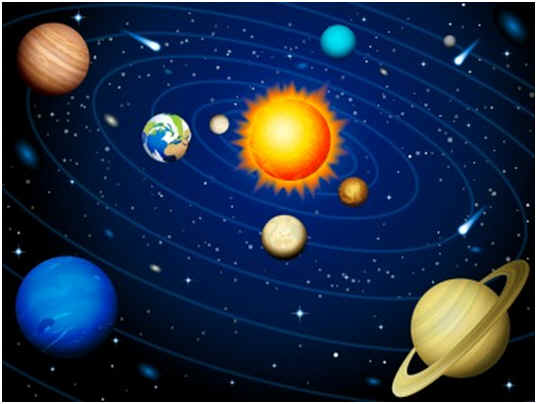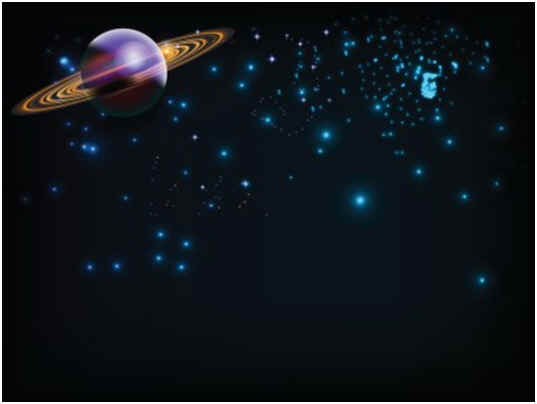
Does Uranus Have a Magnetic Field?
Uranus DOES have a magnetic field. Uranus has a magnetic field, but the field’s properties are not consistent with the Earth’s magnetic field. Comparatively, Earth’s magnetic field is fundamentally centered on the planet and connected to the planet’s tilt.
The Uranus Magnetic Field
Uranus is one of the Jovian planets or giant planets. It is an ice planet whose composition can directly impact the magnetic field and the degree of tilt. For comparison, Earth’s magnetic and rotational axis is 11 degrees compared to Uranus at nearly 60 degrees. [“Uranus/Neptune.” The Electronic Universe]
The Impact of the Magnetic Field
This differential indicates that the rotation of Uranus is considerably different from the Earth. Uranus’s magnetic field is powerful but may be unstable because of the extreme pole shift. Scientists think that the planet’s center is rich in methane and ammonia. Ammonia is a superb electrical conductor, creating a large number of atoms without electrons. [“The Ice Giants Uranus & Neptune.” Astronomy Ohio State]
How the Magnetic Field is Affected
Ammonia and hydrogen levels indicate that many free ions in the mantle can form a collective conductive ionic layer. This layer can be a stronger magnetic field, though the magnetic field is not centered. The large tilt affects particle density in the atmosphere because it allows for more solar wind activity in the planetary radiation belts. Additionally, the offset of the magnetic field can affect field variance at the atmosphere’s cloud level by a factor of five to ten, depending on longitude and latitude positioning around Uranus. [“Uranus’s Magnetic Field.” Jrank]
